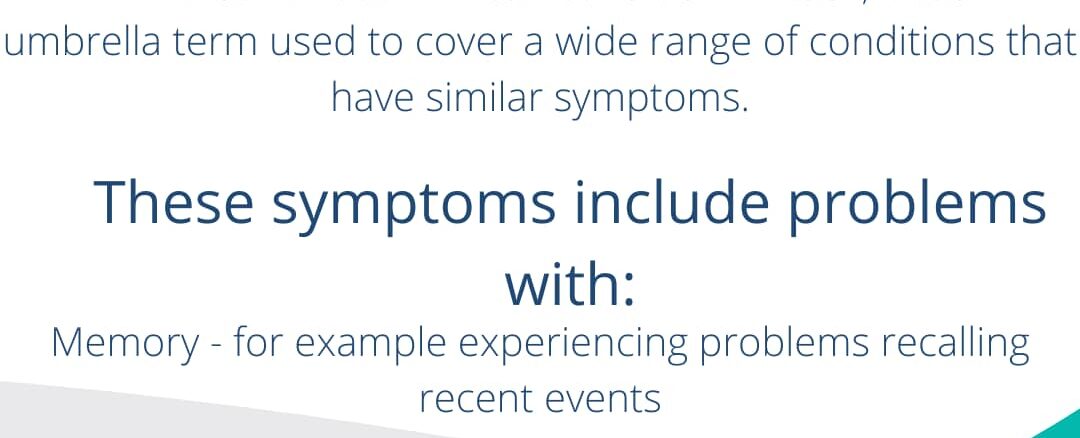Throughout each stage, symptoms will vary, but behaviour may include:
- Wandering
- Depression or anxiety
- Agitation – refusal, or verbal cries to ‘leave them alone’
- Aggression – Fighting, hitting, pushing, kicking and biting
- Hallucinations and false ideas
- The loss of inhibition
- Forgetting to eat and drink
- Confusion between night and day, making sleeping during the night difficult
- Confusion over sequences, such as getting dressed or undressed
- Cognitive symptoms e.g. trouble spelling simple words or picking up a cup of tea
- Problems with visual images and spatial awareness, e.g. using the phone and pressing keys/numbers
- In some cases, there will be triggers for these behaviours, but sometimes it is just part of the degenerative nature of the disease. Quite often there will need to be a plan to deal with these behaviours, to help the person through these experiences.
If someone is beginning to exhibit wandering and still lives in the home environment, the following steps should be taken:
- Ensure the home is safe and secure
- Create a crisis plan
- Keep a recent photograph and updated medical information on hand for authorities
- Keep a list of people to call on for help and have telephone numbers easily accessible
- Ask friends, family and neighbours to call if they see your loved one alone
- Consider a GPS tracker to help to locate a missing person quickly
In all cases, the caregiver must remember to communicate appropriately, to either find out what that person wants or to calm them down.
Here are some tips:
- Stay calm and allow time for them to understand and respond to you
- Remember that they still have feelings, even though they may not always understand you
- Use short, simple sentences and help orientate them by describing what you are about to do, who is about to visit, and their relationship with this person.
- Try not to argue, be condescending, order the person around, or ask questions that rely on a good memory
- Do not talk about them in the presence of other people, or act as if they are not there.

